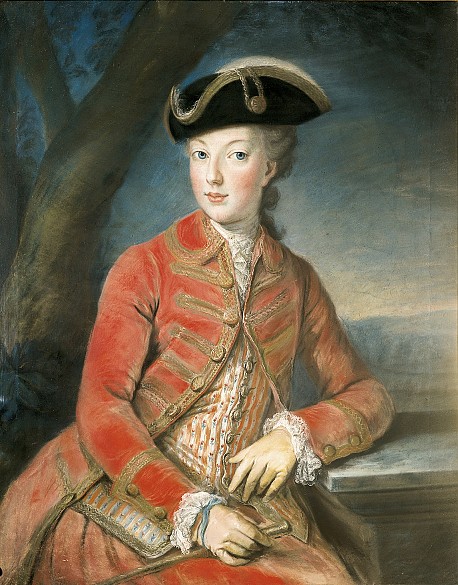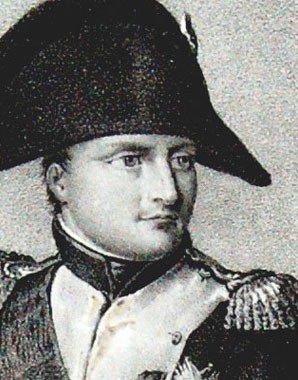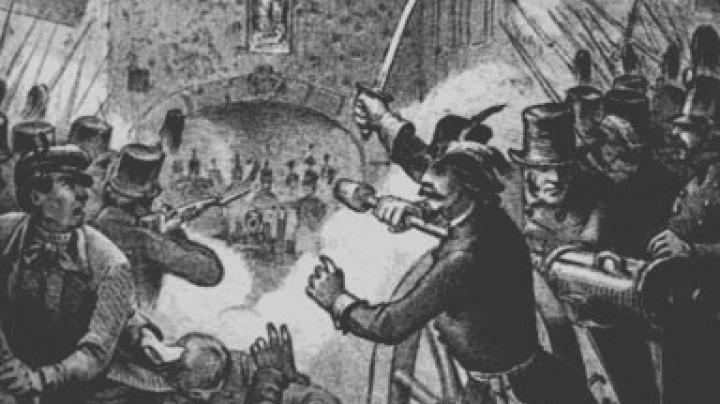Liberté, égalité, fraternité – Liberty, Equality, Fraternity
Liberté, égalité, fraternité – Liberty, Equality, Fraternity: these words are regarded as the most famous slogan of the French Revolution.
Article 1 of the Declaration of the Rights of Man and of the Citizen (‘Déclaration des Droits de l’Homme et du Citoyen’)Men and women are born and remain free and equal in rights. Social distinctions may be founded only upon the common good.
A wry comment from Ludwig van Beethoven, himself a long-term resident of ViennaAs long as the Austrian has his brown beer and sausages, he does not revolt.
From the present-day point of view, the French Revolution seems simpler and more unified than it was for its contemporaries. It was not simply a matter of innovators versus conservatives: the economic and political transformations of the end of the eighteenth century followed courses that were often contradictory and neither simultaneous nor planned. The middle classes are generally credited with having been responsible for bringing about these innovations – however, certain members of the nobility were also open towards the changes of the time.
The bloody course of the revolution in France reflects numerous different lines of conflict. Both the nobility and the middle classes were dissatisfied with the ancien régime and the absolutism of a weak king. For the lower classes, life was a constant struggle for survival, while the peasants suffered from rising land rents and victimization on the part of their landlords. Even before 1789 there had been constant instances of unrest.
As Louis XVI was incapable of mediating between the conflicting parties, he summoned the Estates General – the first time that this had been done since 1614. In June 1789 the tiers état took the initiative of declaring itself a national assembly, that is to say, a sole representative body of the whole nation, bound by their famous ‘jeu de paume oath’ – taken at a nearby real tennis court – not to separate before they had drawn up a constitution. After Louis XVI and Marie Antoinette had showed no readiness to compromise, the month of July saw the most famous event of the Revolution, the storming of the Bastille, which was followed in August by the Declaration of the Rights of Man and the separation of powers between the legislature, executive and judiciary.
The Revolution’s first phase was thus marked by high aspirations that proved difficult or even impossible to achieve – the constitutional monarchy was short-lived and in 1792 the Republic was proclaimed and the king and queen executed on charges of conspiracy. An uprising of Paris’s lower classes in 1793 was followed by the rise to power of the Jacobins and a reign of terror against opponents and old comrades alike, with around 40,000 dying under the guillotine.
The introduction of the levée en masse (conscription) having resulted in the creation of a new army, the profound internal conflicts racking France were superseded by a new and exuberant nationalism. The energies released by the Revolution were now turned outwards, under the authority of a man who was diminutive in his stature but far from small in his deeds and influence: Napoleon Bonaparte.
















